This week, several cities in Iran will host ceremonies to commemorate the 40th day following the assassination of former Quds Force commander Qassem Soleimani. While the mourning ceremonies for the loss of the popular military commander have nearly come to their conclusion, questions remain about the impact Soleimani’s absence will have on Iranian foreign policy in the region.
Some believe that the Americans have successfully cut off one of Iran’s arms of influence in the region and have effectively established some level of deterrence with the assassination. From this standpoint, Iran’s influence and presence in the region will diminish eventually forcing Tehran to go to the negotiating table with the US under unfavorable terms. On top of that, they believe Iran will be forced to avoid any friction with Americans which could easily spiral into a conflict they cannot win.
However, so far, things have turned out quite differently. First, the Iranian armed forces fired precision-guided missiles at the Ain Al-Asad air base that hosts American forces in Iraq. In addition to the military reaction which helped establish deterrence and strike a balance between Iran and the US in the region, Tehran is seeking a long-term and strategic goal of ending American presence altogether. Consequently, the assassination of the late commander seems to have backfired and has certainly not made the Americans feel safer in the Middle East.
Soleimani was an important and influential military commander of incredible significance for Tehran. However, it is important we recognize that the infrastructure of Iranian foreign policy which he helped to build over decades remains in place, as does the hierarchy of military commanders in Quds Force. The immediate appointment of a new Quds Force commander by the supreme leader of Iran signaled that there would be no change in the country’s regional policies and that Tehran was not unprepared for this possibility.
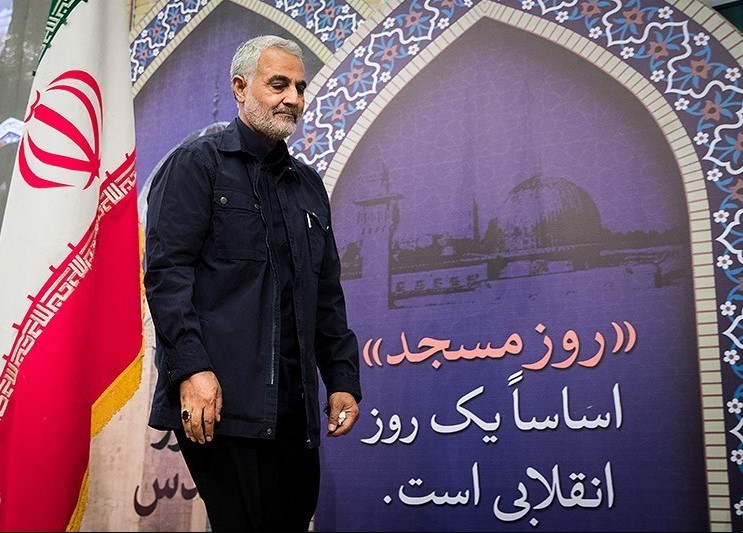
Wikimedia commons
Although American senior officials, including President Donald Trump, attempted to portray Soleimani as a terrorist, millions of Iranians and Iraqis attended his funeral ceremonies in cities across their respective countries. Contrary to what many western politicians said, Iranians and Iraqis see Soleimani as a brave anti-terrorist and anti-ISIS hero. The vast majority of people who came to the funeral ceremonies came to encourage the government to carry on in conducting anti-American policies. Iran’s Supreme Leader Ali Khamenei, in his first Friday prayer sermon on January 17, said that “the cry of revenge that the people let out throughout the country was in fact the real fuel for the missiles that turned the American base upside down.”
The assassination of Soleimani will also impact Iranian domestic politics, helping conservatives win in the upcoming elections. The larger the role conservatives play in Iranian domestic politics, the smaller the chance will be for any further negotiations with the US, at least for some time.
Trump, who commonly sees foreign policy issues through a domestic politics lens, might gain some short-term rewards back at home, in particular among his voting base during the coming election. However, that will not necessarily guarantee American foreign policy interests in the long run. As a result, the costs of the assassination of Soleimani will very likely outweigh the benefits for the US in the long term.


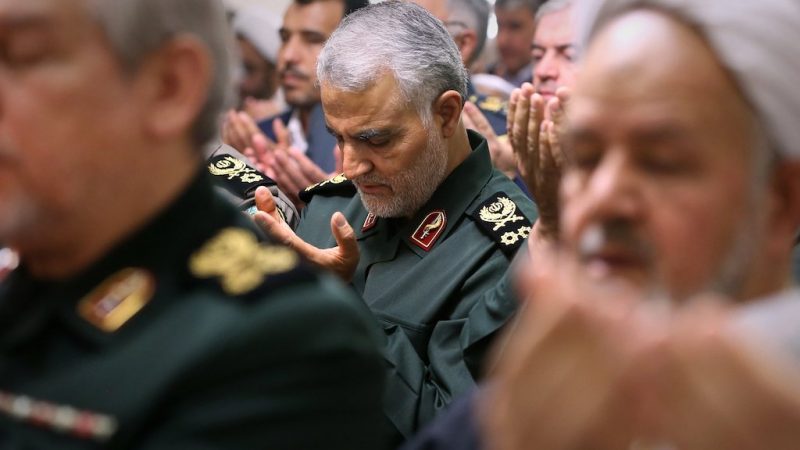

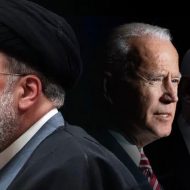


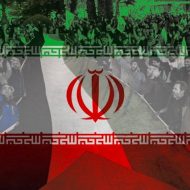
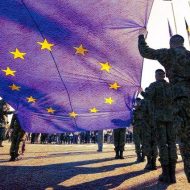
Leave a Reply